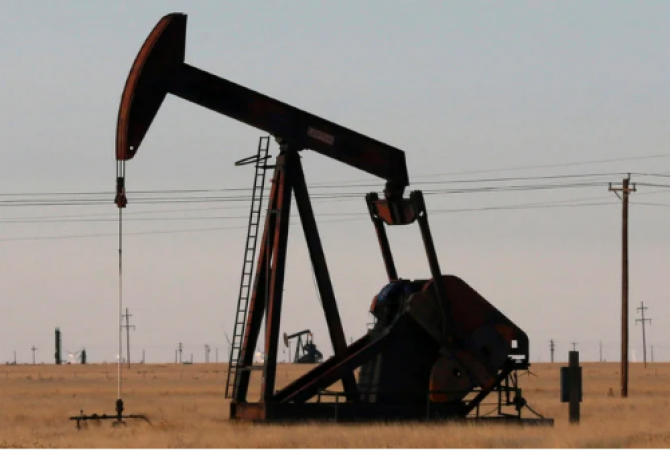
Singapore: Early Asian trading on Monday saw an increase in oil prices, helped by Middle East tensions following a drone attack in Iran and Beijing's weekend promise to encourage a consumption recovery that would support fuel demand.
By 01:15 GMT, Brent crude futures were up 54 cents, or 0.6 percent, to $87.20 per barrel, while US West Texas Intermediate crude was up 54 cents, or 0.7 percent, to $80.22 per barrel. According to a US official, Israel appears to have been responsible for a drone attack that occurred overnight on an Iranian military facility.
Stefano Grasso, a senior portfolio manager at 8VantEdge, stated that while the situation in Iran is still unclear, any escalation there could disrupt crude flow.
Also Read: Budget 2023: More concessions needed in new tax regime
When they virtually meet on February 1, ministers from the Organization of the Petroleum Exporting Countries (OPEC) and allies led by Russia, collectively known as OPEC+, are unlikely to change its current oil output policy.
However, Brent and WTI posted their first weekly loss in three last week due to signs of an increase in crude exports from Russia's Baltic ports in early February.
According to state broadcaster CCTV, China's cabinet announced on Saturday that it would encourage a recovery in consumer spending as the main engine of the economy and increase imports.
Also Read: Finance Ministry to stick to privatisation of CPSEs next fiscal
On the supply side, we have Russia, and on the demand side, we have China. Both have the potential to fluctuate by more than one million barrels per day above or below forecast, according to Grasso, a former oil trader with Italy's ENI
Russia has surprised the market with its export volume resilience in the face of sanctions, while China has surprised the market with how quickly it is emerging from zero COVID.
This week, China returns to work following its Lunar New Year holidays. According to Citi analysts, who cited information from the Ministry of Transport, the number of passengers travelling before the holidays increased above levels in the previous two years but is still lower than in 2019.
Also Read: Commodity Markets: Gold price remain unchanged, Check price here
In the Citi note, it was stated that "overall international traffic recovery remains gradual, with high-single to low-teens digits to 2019 level, and we expect further recovery when outbound tour group travel resumes on Feb. 6."